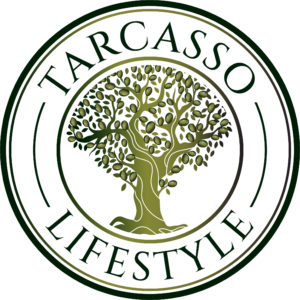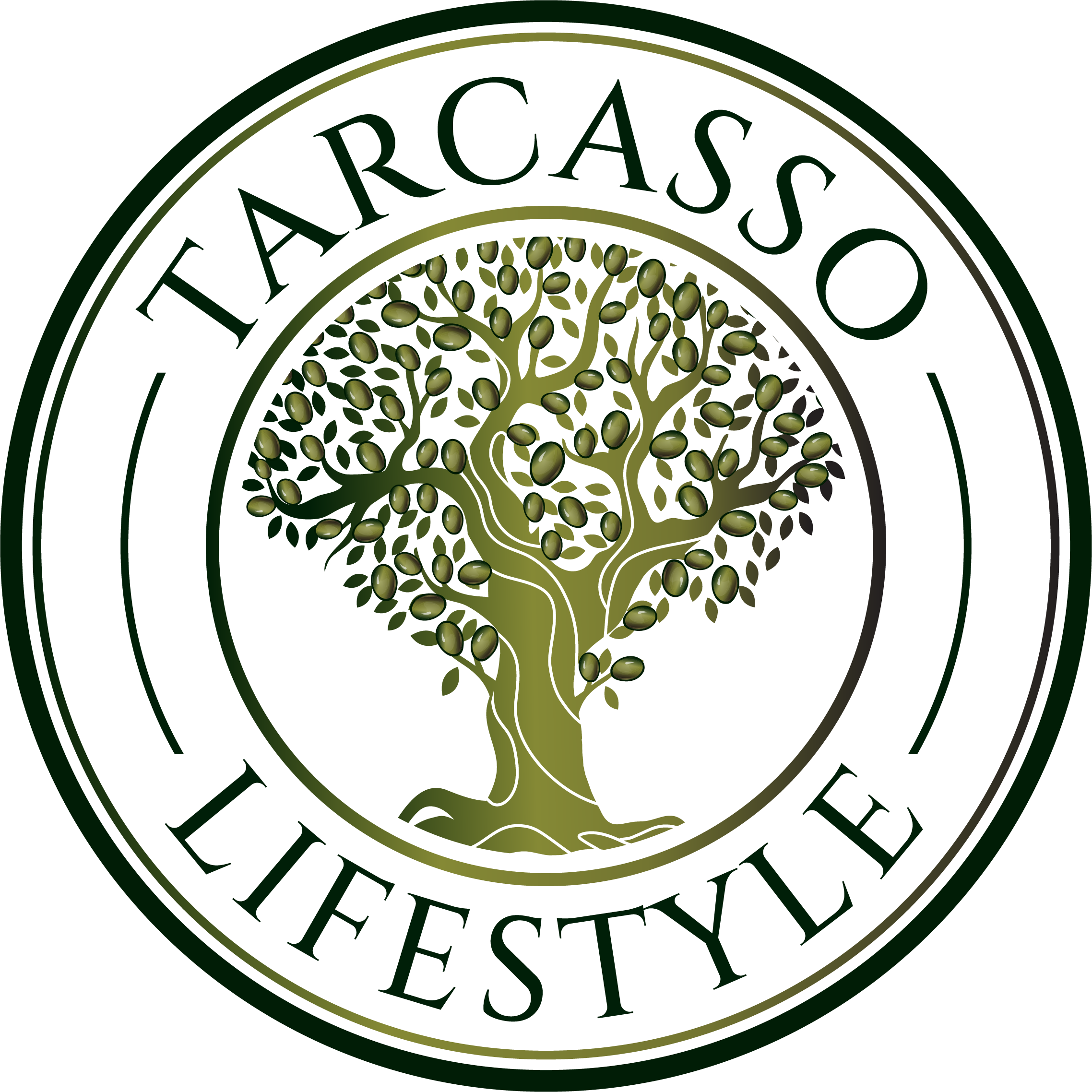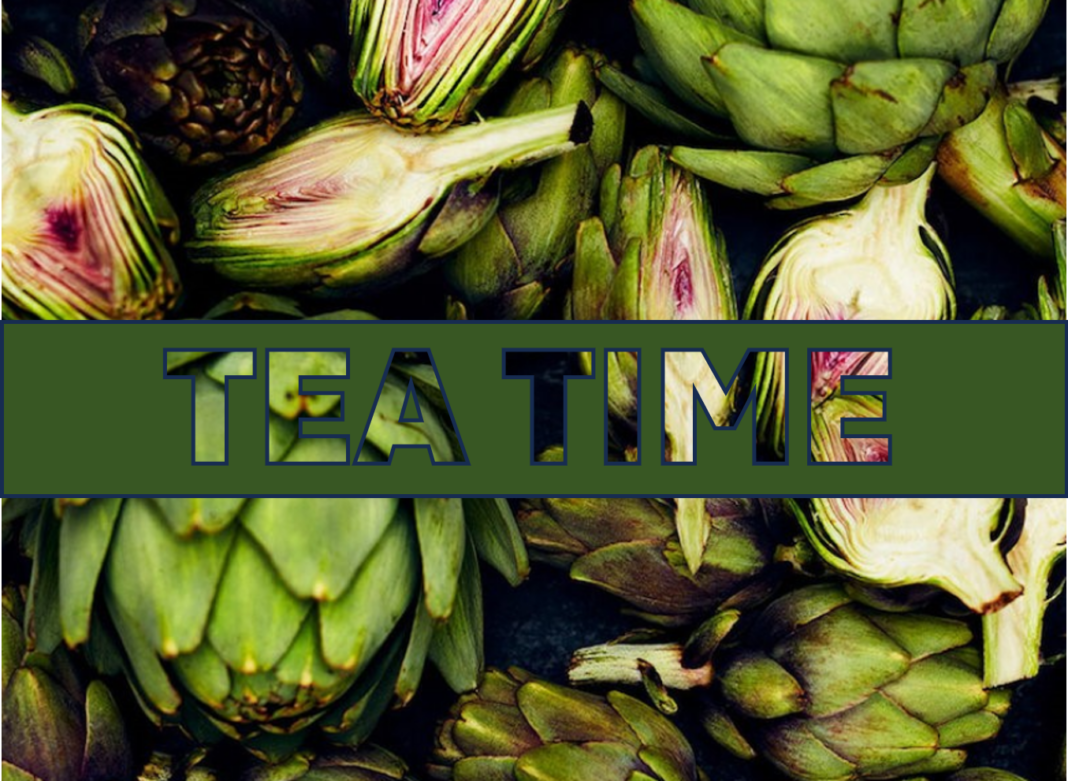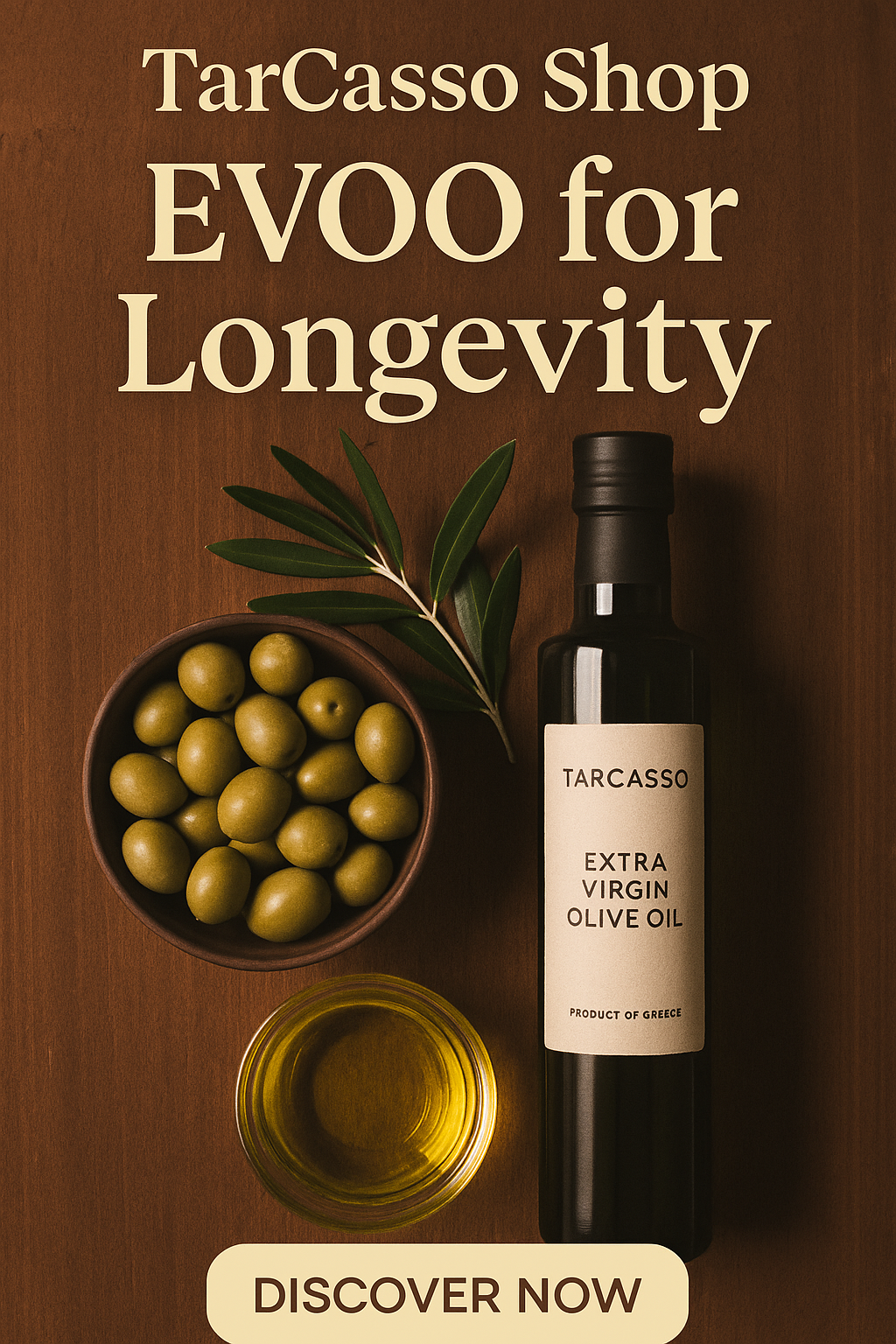Introduction
Artichokes, a staple of Mediterranean cuisine, have been prepared and consumed in diverse ways for centuries—from savory dishes to healing teas. Like olive oil, often called the “liquid gold” of the Mediterranean, artichokes are renowned for their health-promoting properties. Interestingly, artichoke tea is not only enjoyed in the Mediterranean region but is also a traditional beverage in Vietnam, where it is associated with longevity. This report highlights the scientifically proven benefits of artichoke tea, compares it to olive oil, and explores their combined role in promoting a healthy lifespan.
Health Benefits of Artichoke Tea
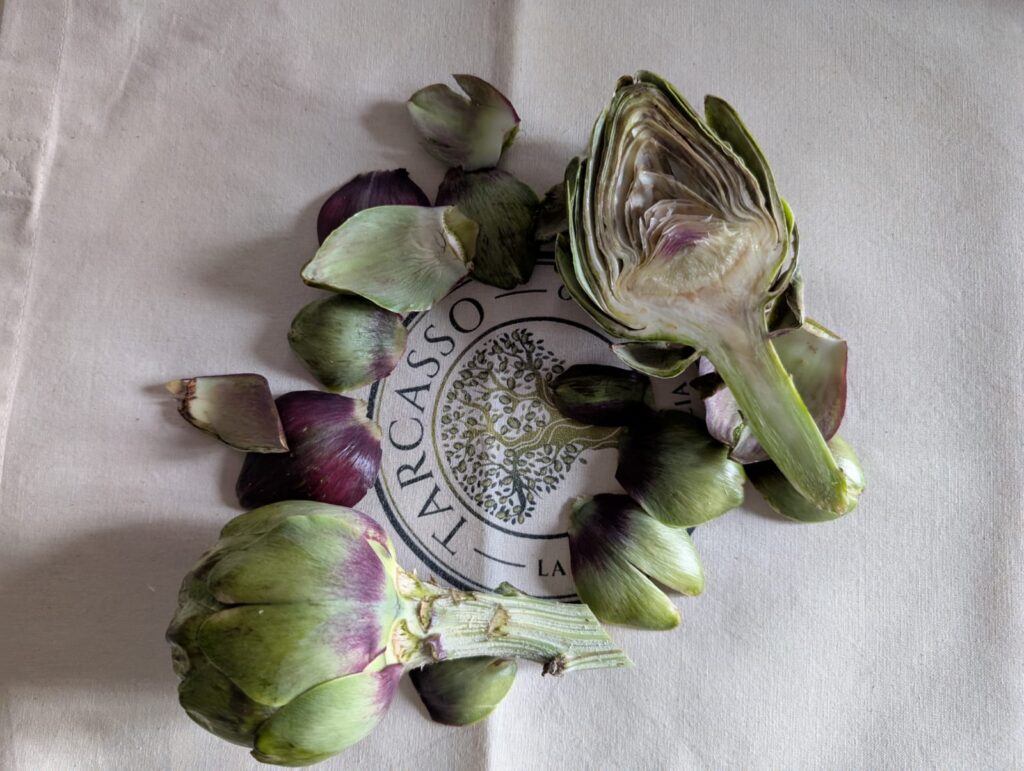
Artichoke tea, derived from the leaves of the artichoke plant (Cynara scolymus), is rich in bioactive compounds such as cynarin, chlorogenic acid, and flavonoids. Studies demonstrate the following effects:
- Liver Health: Research in the Journal of Clinical Biochemistry and Nutrition (Ben Salem et al., 2015) shows that artichoke extract supports liver regeneration and reduces oxidative stress.
- Cholesterol Reduction: Findings in Phytotherapy Research (Rondanelli et al., 2013) indicate that artichoke extract significantly lowers LDL cholesterol.
- Antioxidant Effects: A study in the European Journal of Clinical Nutrition (Jiménez-Escrig et al., 2003) confirms that artichoke compounds neutralize free radicals, enhancing cellular health.
Olive Oil: The Mediterranean Counterpart
Extra Vergine Olive oil (EVOO), central to the Mediterranean diet, is celebrated for its high content of monounsaturated fatty acids and polyphenols. The PREDIMED study (New England Journal of Medicine, Estruch et al., 2013) found that regular olive oil consumption reduces cardiovascular disease risk by 30%. Its synergistic blend of antioxidant and anti-inflammatory properties makes it a cornerstone of holistic health.
Longevity in the Mediterranean: Italy as a Model
Italy ranks among the countries with the highest healthy life expectancy globally. According to the Bloomberg Healthiest Country Index 2019, Italians enjoy an average of 73 “healthy life years.” Experts attribute this to the Mediterranean diet, rich in olive oil, vegetables—and artichokes. Traditional preparations of artichokes, such as teas or extracts, may further complement this dietary pattern.
Artichoke Tea in Vietnam: Tradition Meets Science
In Vietnam, artichoke tea has been consumed for generations as a tonic, particularly valued in Hanoi as a cooling beverage. Ethnopharmacological studies (Nguyen, 2018) highlight its digestive and detoxifying benefits. This cultural practice underscores artichoke tea’s global potential as part of a preventive nutrition strategy.
Nutrition and Longevity: A Synergistic Approach
Longevity is closely tied to dietary patterns that reduce chronic disease risk and enhance vitality. The Mediterranean and Vietnamese traditions emphasize foods rich in antioxidants, anti-inflammatory agents, and phytonutrients—key components of artichoke tea and olive oil. These compounds combat oxidative stress, a major driver of aging, while supporting metabolic and cardiovascular health. For instance, polyphenols in artichokes and olive oil protect DNA integrity and improve lipid profiles, as shown in the PREDIMED study. Similarly, the fiber and prebiotics in artichokes promote gut health, linked to immune resilience and reduced inflammation. By integrating such nutrient-dense foods into daily diets, individuals may extend their “healthspan,” aligning with the longevity observed in Mediterranean and Vietnamese populations.
Conclusion: A Holistic Model for Healthy Aging
The fusion of Mediterranean and Vietnamese traditions—olive oil and artichoke tea—offers a compelling blueprint for healthy aging. Both provide essential nutrients, shield against chronic diseases, and enhance overall vitality. For TarCasso, this presents an opportunity to blend global wisdom with modern science, creating innovative health concepts rooted in nature and validated by research.

